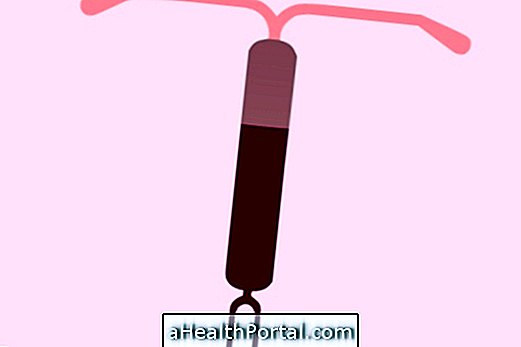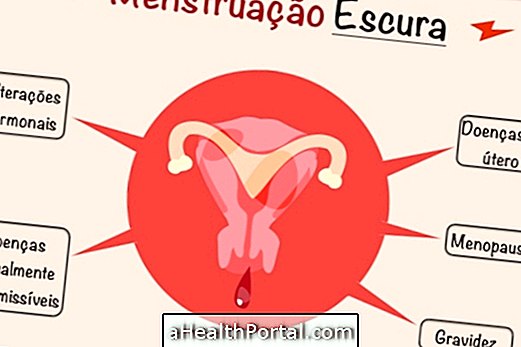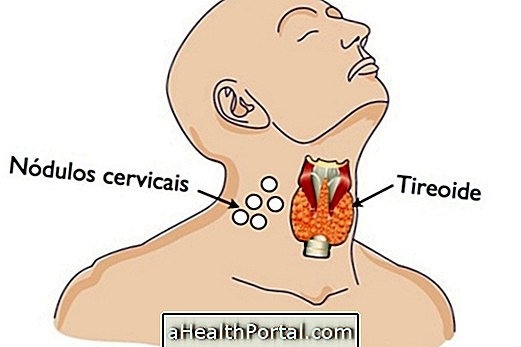Antibiotics have long had the idea that antibiotics cut the contraceptive pill, prompting many women to be alerted by health professionals and advising them to use condoms during treatment.
However, recent studies prove that most antibiotics do not interfere with the effect of these hormones, provided they are taken correctly, every day and at the same time.
![]()
But after all, do antibiotics cut off the effect of contraception?
Recent studies have shown that rifampicin and rifabutin are the only antibiotics that interfere with contraceptive action.
These antibiotics are generally used to fight tuberculosis, leprosy and meningitis and as enzyme inducers that are, increase the speed of metabolization of certain contraceptives, thus reducing the amount of these hormones in the bloodstream, compromising its therapeutic effect.
Although these are the only antibiotics with proven drug interaction, there are others that can alter the intestinal flora and cause diarrhea, and there is also a risk of reducing the absorption of the contraceptive and not take advantage of its effect. However, they only reduce the effect of the drug if diarrhea occurs within 4 hours after taking the contraceptive.
In addition, although it is not conclusive and although there are no studies that prove this, it is also believed that tetracycline and ampicillin may interfere with contraceptive, reducing its effect.
What to do?
If you are taking Rifampicin or Rifabutin, to avoid unwanted pregnancies, an additional contraceptive method, such as a condom, should be used during the time the woman is taking the treatment and up to 7 days after stopping the treatment. antibiotic.
In addition, if there are episodes of diarrhea during treatment, you should also use a condom, as long as the diarrhea stops, up to 7 days later.
If unprotected sex occurs in any of these situations, it may be necessary to take the morning-after pill. Here's how to take this medicine.











-o-que--e-para-que-serve.jpg)




-causas-e-como-tratar.jpg)




